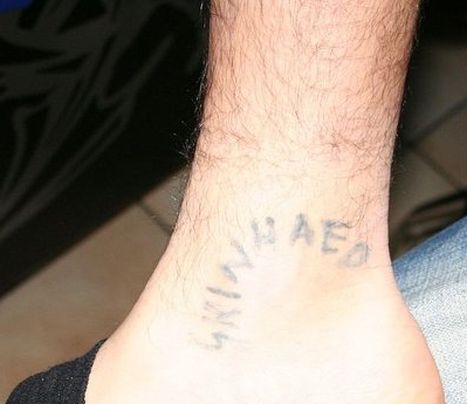
A lot of people that get tattoos often don’t realize that these amazing works of art are prone to fading too. While smaller, less detailed tattoos can simply be refreshed with fresh ink after fading, larger and more delicate tattoos are costlier and harder to refresh once they fade. Even though your tattoo artist will tell you a few basics methods to protect your tattoos, he/she may not always tell you why a tattoo fades. We tell you some of the top reasons why tattoos fade.
1. Sun rays accelerate color loss
Unless your tattoo lies on a body part that will never be exposed to the sun, your tattoo WILL fade due to the effect of UVA and UVB rays present in sunlight.
2. Sun tans and bleaching
Any alteration to the color of your skin like bleaching or tanning also changes the color of the top layer of skin. Since a tattoo sits in a lower layer of the skin, tanning or bleaching of the top layer effectively blocks a clear view of it and the tattoo appears faded.
3. Aging
The wrinkling of the skin, the appearance of age spots and the dulling of the color and texture of the skin is a natural part of aging. Unfortunately, these conditions are optimum for body art either. As you age, your skin loosens and your tattoos appear distorted or faded.
4. Wind and climate
Cold or hot winds, very cold or very hot climates and artificial air conditioning aren’t good for your skin. Being in these conditions wrecks havoc on your skin and since tattoos are hidden into your skin as well, a dulling of the upper layer of the organ also causes your tattoos to appear less vibrant that they were when you first got them.
5. Pool water
The chlorine present in swimming pool water and the water in water parks etc. is known to deteriorate the nourishment naturally available to skin cells. If you are a regular swimmer, you may find your tattoos fading faster than that of a non-swimmer.